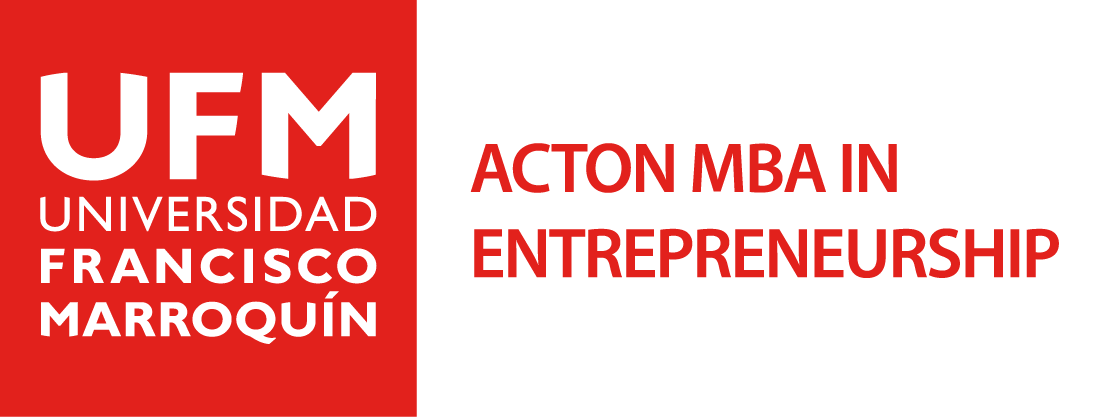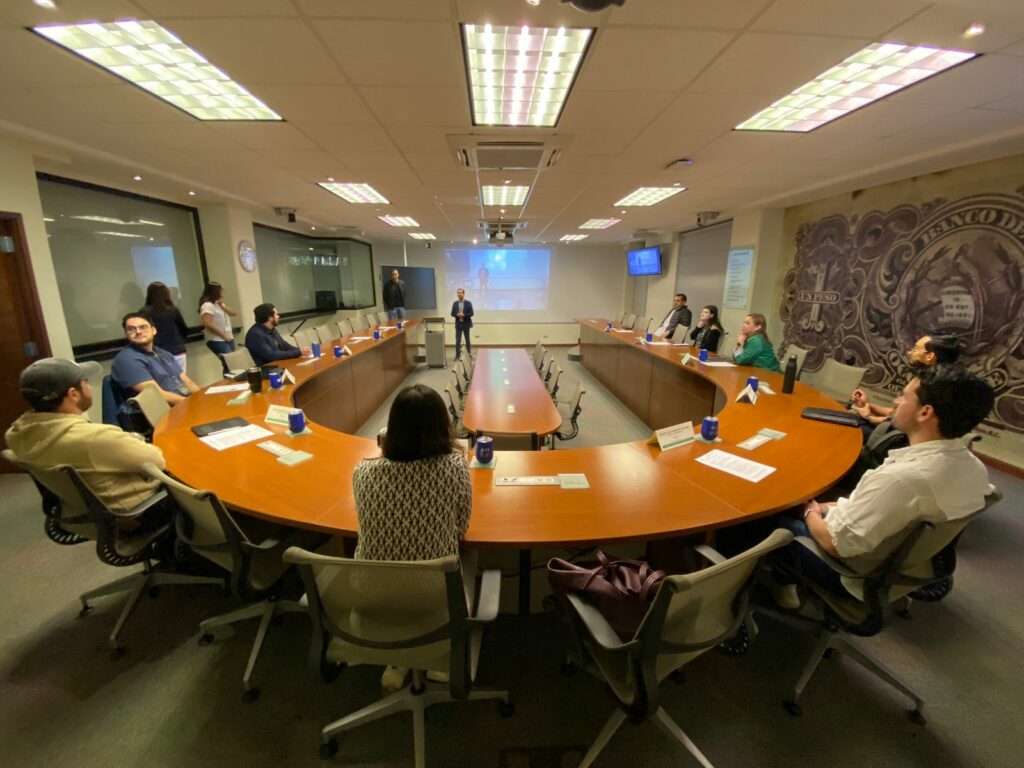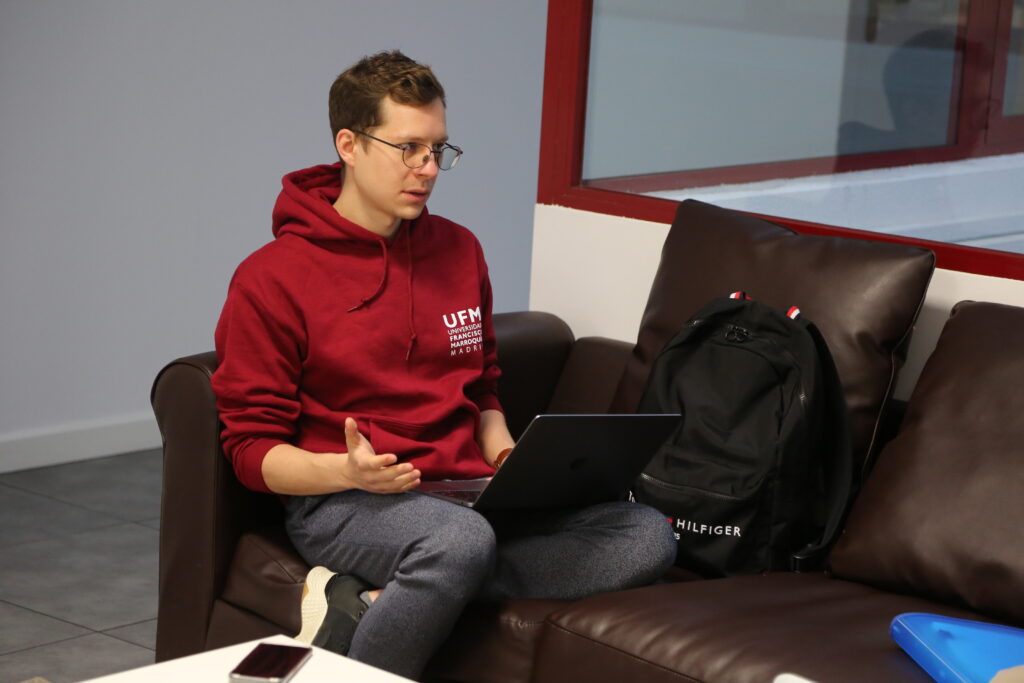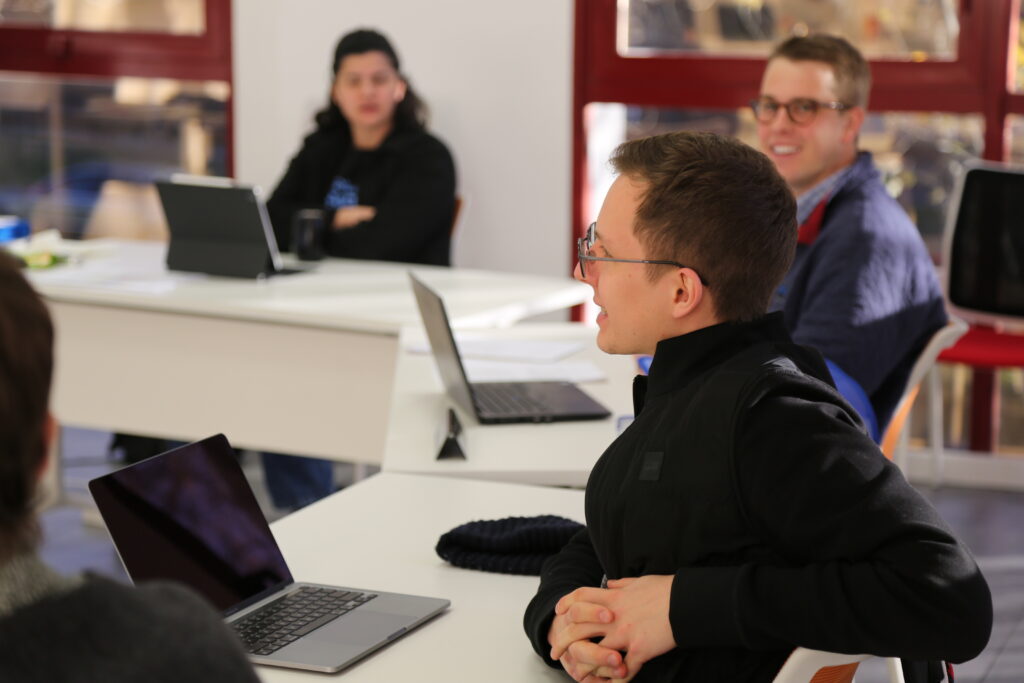The Emotional Allure of “Launch”—and Its Risk
DECEMBER 29, 2016
The drama and glamour of launch will create a swell of emotion that is hard to resist even for the most stoic entrepreneur.
The glamour of a start-up launch is hard to resist. Maybe there’s a provocative splash page or a mysterious sign-up list that makes people want to be among the first to access a new product. Or maybe there’s no public presence, until, poof!, we make a company come into being: a website appears, ads start running, and a dozen news articles run in a single day.
I previously wrote about the tensions of “launching” for entrepreneurs and how the best launches should be thought of not as press events or product releases, but as a series of deliberate trial-and-error experiments in the service of maximizing customer value and company profits.
Today, I’m covering the most common risk I encounter when entrepreneurs decide to make a big launch: poor decision making when emotion is allowed to override common sense.
Using Emotion Responsibly
The drama and glamour of launch will create a swell of emotion that is hard to resist even for the most stoic entrepreneur. At the beginning phases of your business, you may not have much more than a romantic idea.
Maybe your product will make clean water cheaper in developing countries, or reduce teen pregnancy, or make operating a self-driving car safer. You might attract your initial investors and employees through that romantic idea, and to a point, that’s right. Your purpose should inspire you and others.
This is a great use of emotion, as it mobilizes key partners and contributors. The emotions stirred during the early phases of a new business—that mix of fear, courage, and exhilaration—should be respected and celebrated. But it should not influence the difficult real-world decisions you must make about customers, products, and employees.
Keeping Your Wits about You
Now consider how your business may have grown away from your original vision. You might think you are inventing wallpaper and end up making packaging materials. And this isn’t just a truth about start-ups, it’s true of large, established businesses. Over the last century IBM evolved from manufacturing cheese slicers to supercomputers to software and services, showing just how much transformation can result from a prolonged series of smaller decisions.










